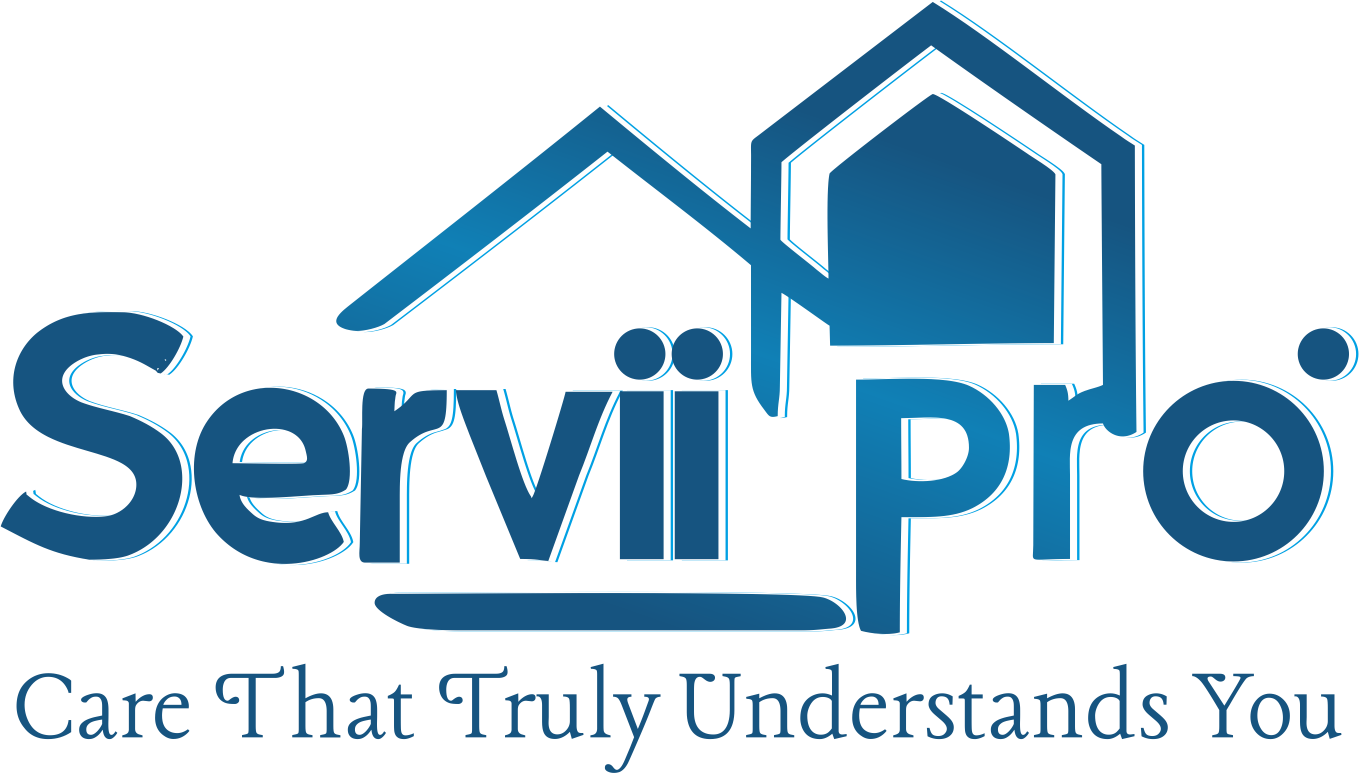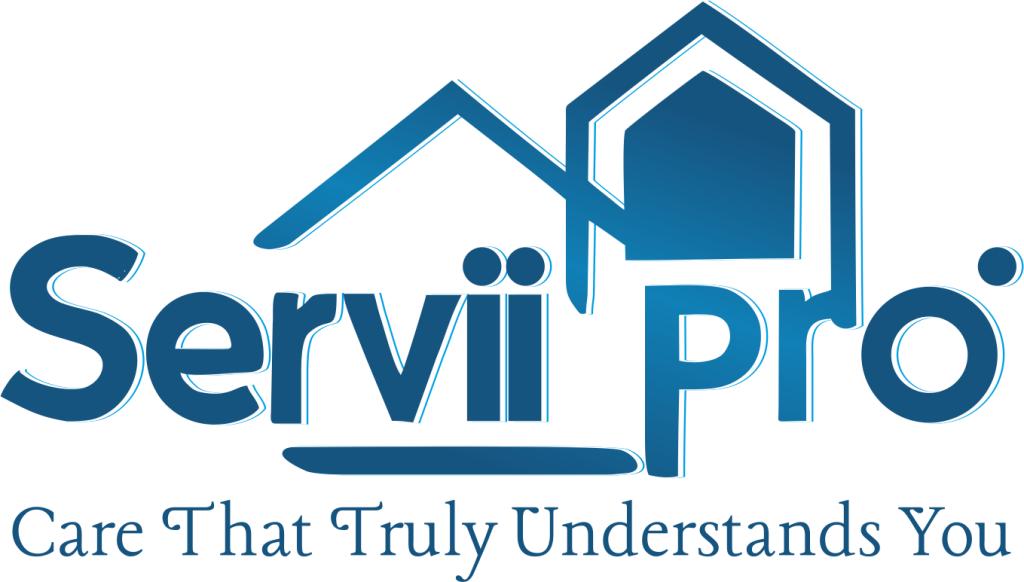Choosing a home care agency directly influences the safety, comfort, and wellbeing of your loved one. A 2022 study by the New Zealand Aged Care Association found that well-regulated in-home care reduced hospital admissions by 35%. This guide outlines how to assess provider quality, ask the right questions, and compare care options across New Zealand.
1. Understand the Level of Care Needed
Start by identifying your loved one’s needs. Some people need help with basic tasks. Others require daily medical care.
| Type of Care | Services Included |
|---|---|
| Companion Care | Conversation, meal prep, shopping |
| Personal Care | Bathing, dressing, medication reminders |
| Skilled Nursing | Wound care, injections, post-hospital care |
Determine if the support is short-term or ongoing. A geriatric assessment from a doctor helps clarify the level of care needed.
2. Check Licensing and Accreditation
New Zealand home care providers must meet Health and Disability Services Standards. Agencies should be certified by the Ministry of Health or district health boards.
Use the New Zealand Health Directory to verify if the agency is registered: health.govt.nz
Agencies without certification risk providing unsafe or unregulated care.
3. Review Staff Qualifications
Ask about caregiver training and experience. Most reputable agencies will:
- Require staff to complete NZQA Level 3 Health and Wellbeing certification
- Conduct police background checks
- Provide first aid and manual handling training
Check if they have registered nurses to supervise care plans.
4. Evaluate Customisation and Flexibility
Care needs often change. Choose an agency that adjusts services over time.
| Feature | Ask This Question |
| Flexible Schedules | Can we increase or reduce hours easily? |
| Emergency Support | Is help available on short notice or weekends? |
| Personalised Care Plans | Will the caregiver follow a tailored routine? |
Agencies with flexible plans offer better continuity and reduce stress.
5. Ask the Right Questions
Prepare a list before speaking to agencies:
- How are caregivers selected and trained?
- What happens if the caregiver is sick?
- Can we meet the caregiver in advance?
- Are services available 24/7?
- How is feedback or complaints handled?
Interview at least two agencies for comparison.
6. Understand Costs and Payment Options
Home care pricing varies across regions.
| Service Type | Estimated Hourly Rate (NZD) | Funding Options |
| Companion Care | $30 – $40 | Private pay, subsidies, ACC |
| Personal Care | $40 – $60 | DHB funding, SuperGold card support |
| Skilled Nursing | $60 – $90 | ACC, insurance, Veterans’ Affairs NZ |
Contact your local NASC (Needs Assessment Service Coordination) to check for public subsidies.
7. Check Reviews and References
Read online reviews and request contactable references.
Sources to check:
- Healthpoint.co.nz profiles
- Facebook or Google reviews
- NZ Care Association memberships
Reviews give insight into caregiver reliability and communication.
8. Request a Trial or Consultation
A one-week trial period lets families evaluate service quality.
Observe:
- Punctuality
- Communication style
- Respect toward the client
Many providers offer free in-home assessments to set expectations.
Choosing a home care agency takes research. Focus on licensing, staff quality, flexibility, and communication. Use interviews, reviews, and trials to find a provider that fits your family’s needs.
If you’re based in Auckland, contact ServiiPro for qualified and flexible in-home care services tailored to your needs.


